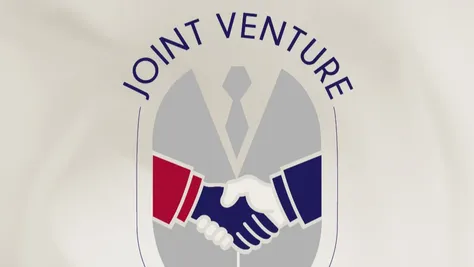For the month of March, we highlight a judgment (Case No. 27 Cdo 459/2024) concerning the statute of limitations for unjust enrichment claims. While the conclusions of this judgment are not entirely novel, they are significant for practical application and intersect with the frequently discussed topic of conflict-of-interest rules.
In the case at hand, a newly appointed executive director of a company filed a lawsuit against the defendant, claiming that the company had paid him funds as interest on loan agreements that the company had supposedly concluded with him. However, based on previous Supreme Court rulings regarding the failure to comply with conflict-of-interest rules, these loan agreements did not bind the company, and the defendant was not entitled to the interest (for case law on conflict of interest, we refer to the TOP Corporate Case Law Yearbook for 2020-2024, link in the first comment).
The Supreme Court stated that the claim for the return of unjust enrichment in the form of incorrectly paid interest was time-barred. The starting point of the limitation period for an unjust enrichment claim is determined both subjectively (actual knowledge of the existence of unjust enrichment) and objectively (when the claimant could and should have discovered it while exercising usual attention, diligence, and prudence). In some cases, these starting points may coincide, but it is true that the limitation period starts running from the earlier of these starting points (typically the objective criterion).
The Supreme Court noted that the new executive director could and should have discovered the claim for the return of interest shortly after his appointment. No later than approximately four months after his appointment, when the tax office handed over to him the company's accounting documents and bank statements. According to the Supreme Court, the objective impossibility of knowing the appellate court's conclusions on the consequences of violating conflict-of-interest rules did not matter, as these are applied with so-called incidental retrospectivity – from the moment the conclusions are issued, they are applicable even to previously initiated court proceedings so that the court cannot apply erroneous law.
The criteria for the starting point of the limitation period are therefore relatively strict. Proper evaluation of these criteria is generally part of the duty to act with the diligence of a prudent manager. Therefore, it is advisable not to underestimate the importance of internal audits and familiarizing oneself with all the basic realities of the company's operations and its potential claims upon taking office.








